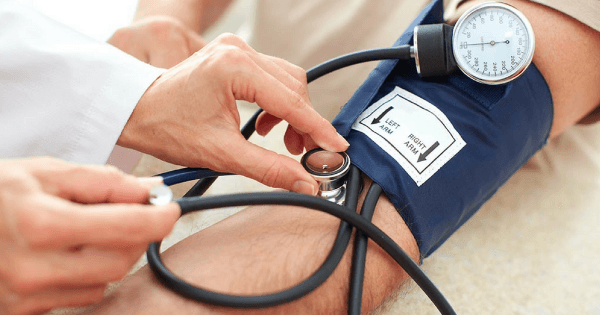
One in three adults has high blood pressure, also known as hypertension, according to the U.S. Centers for Disease Control and Prevention. And, unfortunately, two-thirds of patients taking a blood pressure-lowering drug don’t improve as much as their doctors would like.

But there’s good news. According to a new review of past studies, researchers have determined that combining low doses of several different blood pressure drugs may be more effective than using a standard dose of just one medication:
Citing a “critical need” for new approaches, they reviewed 42 studies involving ultra-low doses of multiple medications.
Their conclusion: “Low doses can achieve large effects when used in combination,” said review co-author Dr. Anthony Rodgers. “What we found was that four quarter doses [of different medications] gives a lot of benefit with few apparent side effects.”
The study followed nearly 20,300 adults with high blood pressure. All were taking different types of blood pressure medication, including ACE inhibitors, angiotensin receptor blockers, beta blockers, thiazides and calcium channel blockers — and all responded positively to combined quarter doses of medicine:
In general, all of the quarter-dose combinations reduced systolic and diastolic blood pressure (the upper and lower numbers in a blood pressure reading) by several points compared to a placebo.
One study of quarter doses of four medications combined found that that combination reduced systolic blood pressure by 22 points and diastolic by 13 points, on average, compared to a placebo, the researchers reported.
Of course, it should be noted that the research is far from conclusive — most of the studies reviewed by the researchers ended more than 17 years ago. Nevertheless, this could be a step forward for a medical issue that affects millions of Americans.
Share if you’re interested in this medical development!
More About:Movies
